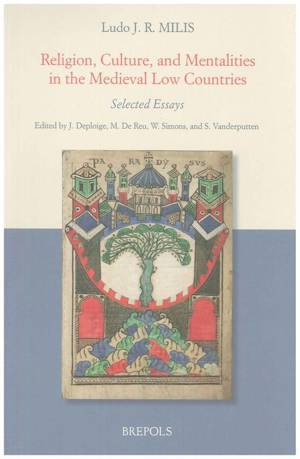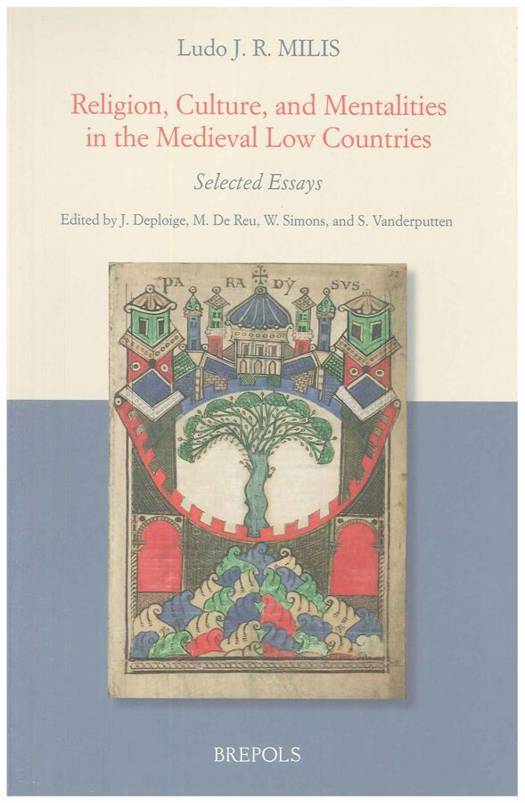
- Retrait gratuit dans votre magasin Club
- 7.000.000 titres dans notre catalogue
- Payer en toute sécurité
- Toujours un magasin près de chez vous
- Retrait gratuit dans votre magasin Club
- 7.000.000 titres dans notre catalogue
- Payer en toute sécurité
- Toujours un magasin près de chez vous
Religion, Culture, and Mentalities in the Medieval Low Countries
Selected Essays
Ludo Milis, Walter Simons
Livre broché | Anglais
53,00 €
+ 106 points
Description
Ludo Milis graduated from Ghent University in 1961 as the last student of Francois-Louis Ganshof, who in the years after Henri Pirenne's retirement was the most prominent representative of the famous Ghent School of medieval history. Milis's own academic career at Ghent span four decades in which he followed in the footsteps of his masters, yet also explored new directions. Like his predecessors, Milis always attached great importance to the critical examination of primary sources, but for him, such work must serve broader historical inquiry guided by a precise set of questions and methodological rigor. His interests lay primarily in the study of religious and cultural history, which previously had been neglected at Ghent; he was also a pioneer in the history of mentalities in the Low Countries. Milis's research and thought found expression in several books, among which his Angelic Monks and Earthly men. Monasticism and its Meaning to Medieval Society (Boydell, 1992), translated into many languages, was probably the most influential. This collection contains eleven essays published between 1969 and 1990. Most of them appeared in Dutch or French and have now been translated into English; two essays previously published in English were newly edited. All provide unique insight in the major themes of Milis's work: the religious history of the Low Countries during the early and high Middle Ages, as well as the problem of religious conversion and persuasion; the rise of regular canons in the eleventh and twelfth centuries (also the subject of his doctoral dissertation on the order of Arrouaise, published in 1969); the uses of power and ideology; and the history of French Flanders. All bear witness to Milis's inspiring ability to ask original, probing questions and to write historical syntheses accessible to a wide audience. The collection is presented to Ludo Milis by his students on the occasion of his retirement and his sixty-fifth birthday.
Spécifications
Parties prenantes
- Auteur(s) :
- Editeur:
Contenu
- Nombre de pages :
- 388
- Langue:
- Anglais
Caractéristiques
- EAN:
- 9782503518909
- Date de parution :
- 28-12-05
- Format:
- Livre broché
- Format numérique:
- Trade paperback (VS)
- Dimensions :
- 163 mm x 239 mm
- Poids :
- 907 g







